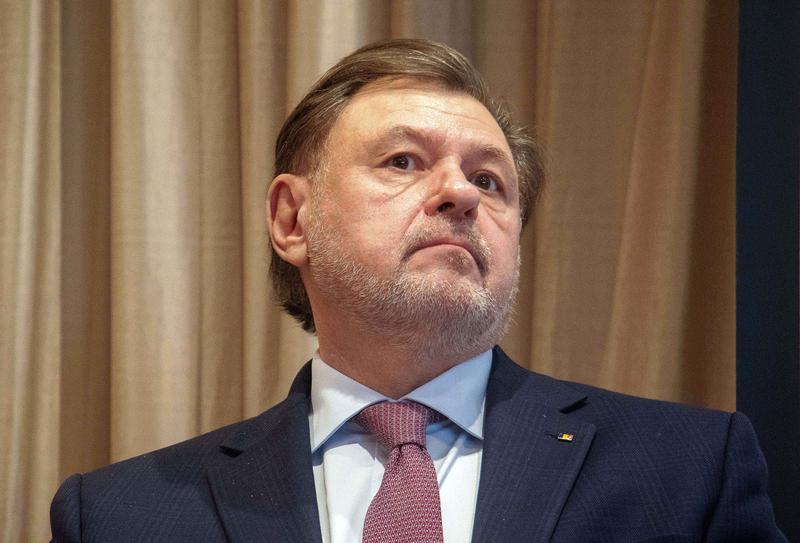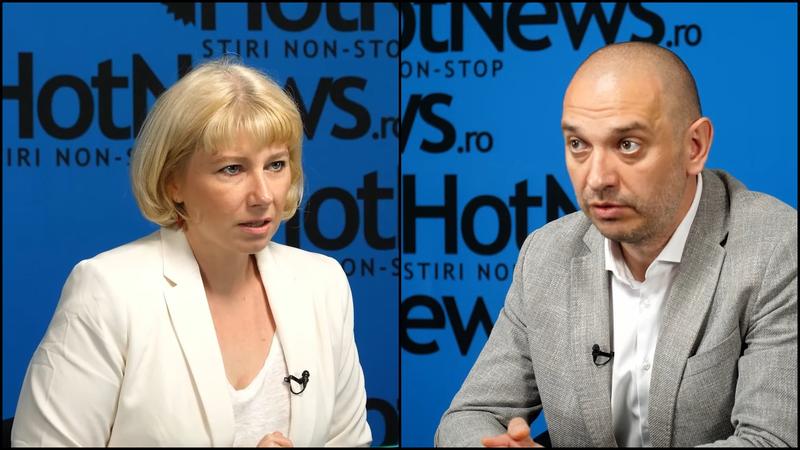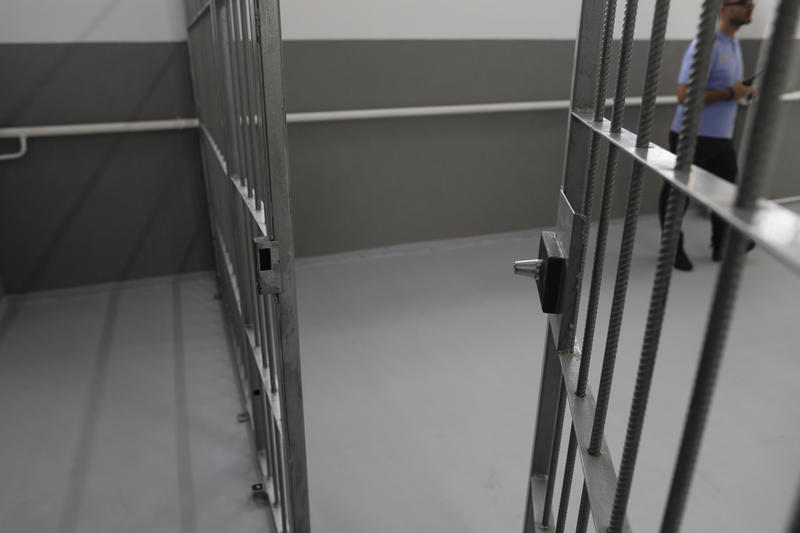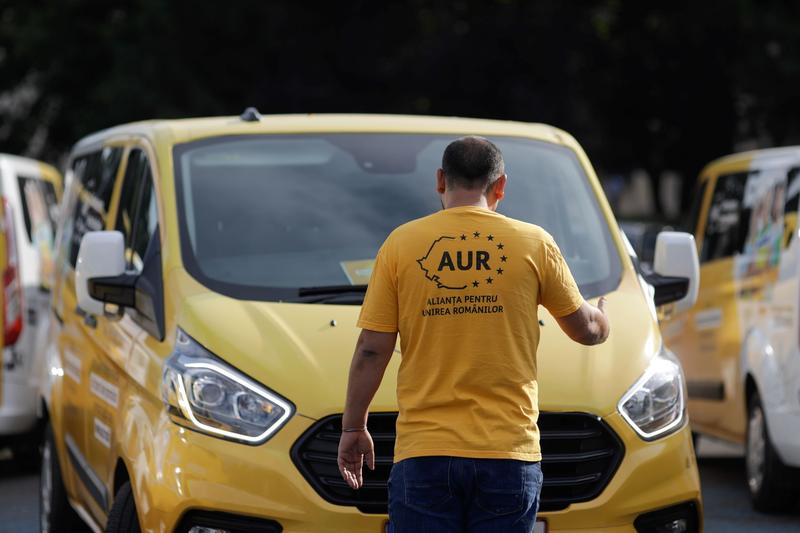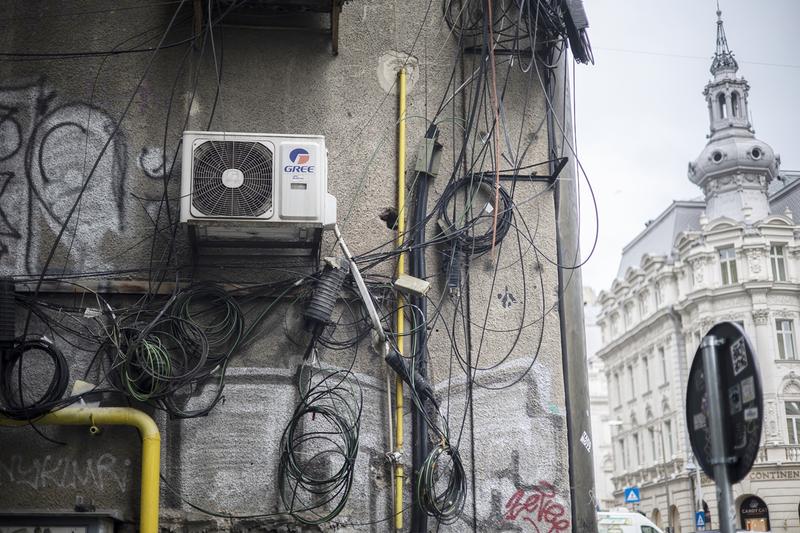The referendum for maintaining or removing suspended president Basescu from the office caught the eye of the international press. BBC notes that "with a high turnout expected, Mr Basescu is tipped to win enough support to survive in office".
The online edition of Financial Times reads that "Traian Basescu (...) will today seek to return to office following an impeachment referendum that has focused concerns about his country's ability to fulfill promises it made when it joined the European Union at the start of this year".
A brief review of the suspended presidents worldwide is published by Reuters, with Richard Nixon, Boris Eltin, Bill Clinton or Gloria Macapagal Arroyo acting as powerful precedents.
In its brief, BBC describes the past months as "a bitter, polarizing campaign in which appeals for civility and restraint have all but been ignored".
According to the British station, " voters will have to decide whether Mr Basescu is a threat to democracy or a political hero pushing for renewal and good governance".
Less acid, Financial times notes that While the populist president is expected to win today's vote, few observers believe a victory for Mr Basescu will stem the growing sense in Brussels and other EU capitals that political turmoil and a failure to continue fighting corruption in Romania and neighboring Bulgaria have exposed the EU's enlargement process as badly flawed".
Quoted by CNN and many major channels, Associated Press describes the origins of the political conflict and notes that the legislation allows the Parliament to suspend the president, who doesn't have, in return, any power in dismissing the Parliament or the Prime Minister.
AP also reminds that "last month, five ruling and opposition parties ignored a court ruling that he did not abuse his powers and voted in parliament to suspend Basescu, accusing him of violating the constitution".
" The European Union, which Romania joined in January, has been watching nervously as the political disputes threaten to slow critical reforms such as fighting graft and making the justice system more efficient", the AP article reads.
Romania's problems aren't expected to end after the referendum, The Economist reads.
The newspaper admits that Basescu "has championed the crucial cause of anti-corruption", but his choices and the fights he picked before being suspended were too often questionable or difficult to understand, making it difficult for his supporters to praise his entire activity.
" He has dumped seasoned advisers and picked unwinnable fights. He runs an oddly independent foreign policy, and depends too closely on Romania’s powerful and only half-reformed security and intelligence services", The Economist reminds.
